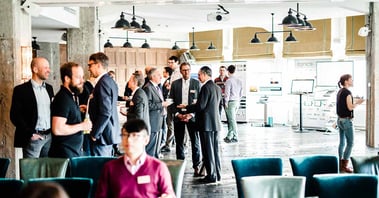 Roadmapping
Roadmapping
ITONICS INNOVATION BLOG
Let's talk innovation
Inspiring insights and best practices on innovation management, foresight, and strategy.

 Roadmapping
Roadmapping
 Innovation Management
Innovation Management
Innovation Community: How to Build a Good One and Manage Stakeholders
28 Mar 25 | 12 mins read
 Idea Management
Idea Management
5 Whys: Examples and Templates to Solve Root Causes, not just Symptoms
26 Mar 25 | 9 mins read
 Roadmapping
Roadmapping
In the R&D Pipeline: 8 Best Practices to Optimize Project Management
25 Mar 25 | 14 mins read
.webp??&width=900&height=450&name=Top-10-project-portfolio-software-tech-and-development-teams-use-for-managing-innovation-projects-fullwidth%20(1).webp) Portfolio Management
Portfolio Management
Top 9 Project Portfolio Management Software to Drive Innovation 2025
17 Mar 25 | 27 mins read
 Go to Market
Go to Market
Accelerate Product Adoption by Understanding Customer Motives
17 Mar 25 | 3 mins read
 Roadmapping
Roadmapping
R&D Portfolio Management: How to Prioritize, Fund & Scale R&D Projects
13 Mar 25 | 9 mins read
 Idea Management
Idea Management
5 Essential Steps to Unlock Employee Ideas (And Costly Missteps to Avoid)
05 Mar 25 | 11 mins read
 Idea Management
Idea Management
Why Great Ideas Fail: The Role of Portfolio Management in Innovation
25 Feb 25 | 9 mins read



/Assets%20and%20Heros/nav-thumbnail-Gartner.webp?width=150&name=nav-thumbnail-Gartner.webp)


